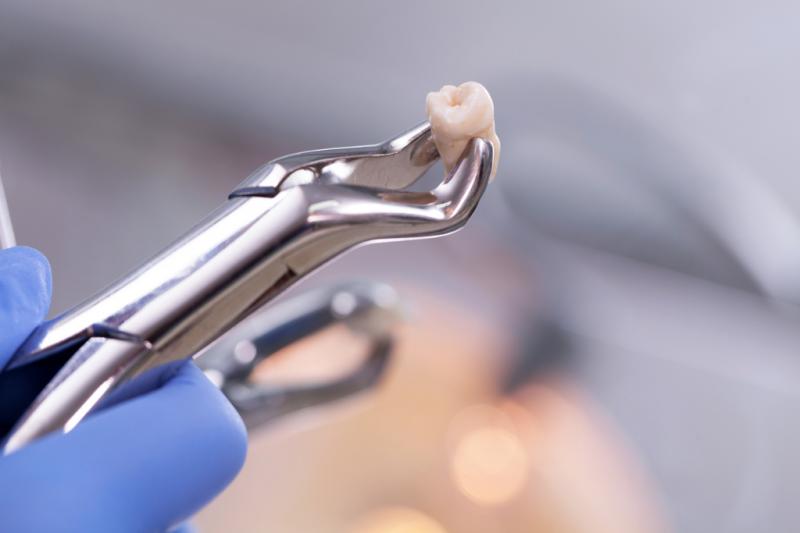Can a Tooth Still Hurt After a Root Canal?

Root canal therapy is a treatment for dental pain. Your dentist will remove the infected pulp from the tooth and then seal it up with a plug. This prevents further infection, which prevents pain and increases your oral health. It's important to remember that you will still have some pain in your tooth after the treatment, but it won't be as intense as before.
A root canal is a surgical procedure in which the dentist removes unhealthy tissue around infected or otherwise damaged teeth and then fills the hollow space with a substance that will hold the tooth together. This procedure can help cure periodontal disease, an infection of the gums, and tooth sensitivity. The benefits of this type of treatment are many. But what about when you're done undergoing a root canal? Can a tooth still hurt after it's been fixed?
What is a Root Canal?
A root canal is a procedure used to save a tooth that has been damaged by decay or infection. The dentist will remove the pulp, the soft tissue inside the tooth containing nerves and blood vessels. Then, the dentist will clean out any bacteria and fill the canals with filling or sealant material to prevent further damage. A root canal can save your tooth from being pulled out, which happens when your dentist recommends removing it because of pain. If you need this procedure, you'll still have some discomfort after treatment, but it should quickly subside.

How to Deal With Pain After a Root Canal
After a root canal, there will be some pain. If you have other dental work done simultaneously, your dentist may prescribe pain medication for you. Your dentist will also instruct you to take over-the-counter pain medication to help with the discomfort. It is important to remember that you will still have some pain in your tooth after the treatment, but it won't be as intense as before. If the pain persists or increases, contact your dentist immediately. Your dentist can also recommend more ways for you to manage your discomfort until it goes away completely.
Is There Still Pain After a Root Canal?
After a root canal procedure is completed, there will be some pain in the tooth. The pain will usually go away after a few days and, if you have other dental work done at the same time, your dentist may recommend pain medication.
If you have a lot of pain, your dentist will usually recommend injection or oral analgesic. If the root canal procedure was completed without any complications, there should be no bleeding and no need for medication to control it.
If, after several days, most of the pain has gone away, but you still feel some discomfort in your tooth and want relief from that as well as side effects such as nausea from taking medications often prescribed at this time, talk with your dental team about options for comfort measures during healing stages following treatment like changing positions regularly throughout the day so that pressure on certain areas is reduced; using ice packs to minimize swelling; take short breaks every few hours when feeling able to do so during more extended periods spent sitting up comfortably.
After a root canal, you will have some discomfort or pain in your tooth. Your dentist may prescribe pain medication for you to take, but it is essential to remember that you will still have some discomfort from the tooth after the treatment. Contact your dentist immediately (we recommend Dr. Tracey at Downtown Dental) if you experience any more severe symptoms like swelling or bleeding. Your dentist can also recommend more ways of managing your discomfort until it goes away completely.
Root canal treatments are used to save a tooth with a decayed or infected root. The infected pulp, the tissue inside the tooth, will be removed and the canals cleaned out. Then, the root canals are filled with a filling or a particular type of sealant. This treatment is necessary to prevent further tooth decay and pain in your mouth. You'll still have some discomfort after receiving your root canal treatment, and you may need to take antibiotics for up to three months. The pain will subside, and your tooth will be saved.
More to Read:
Previous Posts:





